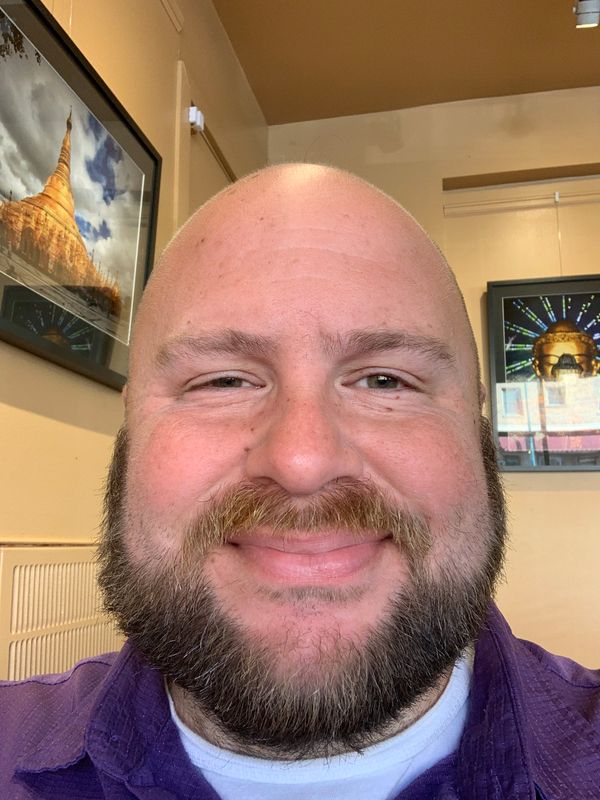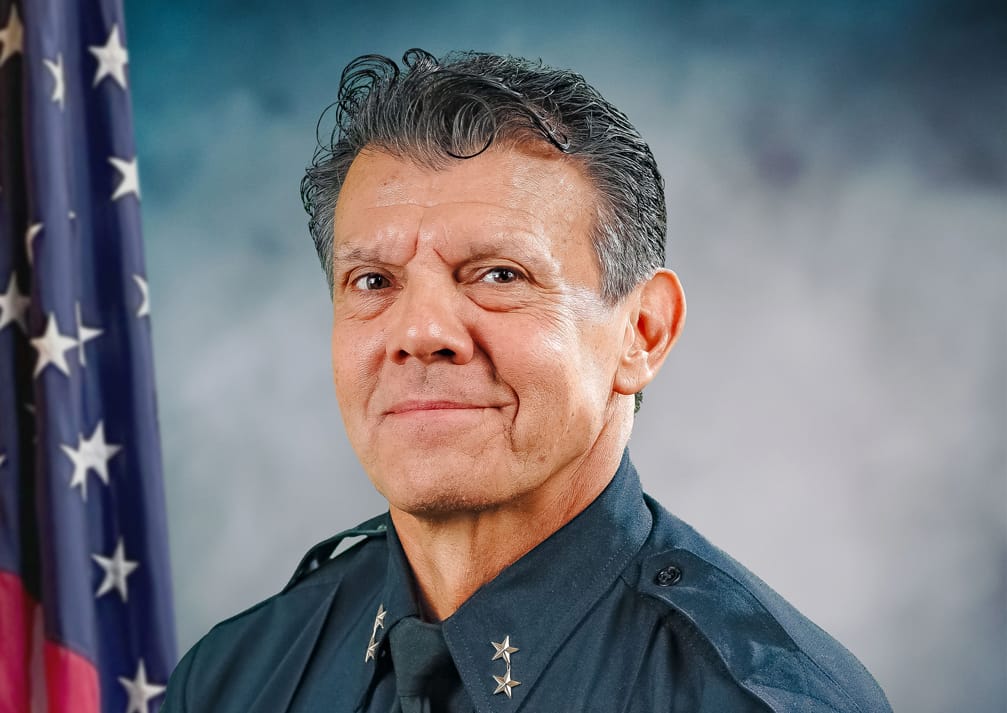VALLEJO – The Vallejo City Council held a special workshop Tuesday to dissect a proposed ordinance establishing a three-pronged police oversight model, despite pleas from some community members to delay the process.
City council members and the community got their first look at the proposal during a five-hour meeting as the city attempts to implement some kind of reform for a police department that has killed 19 people since 2010.
The proposed ordinance includes hiring an outside investigator to review serious police incidents, including when an officer discharges their firearm at a person, when an officer’s use of force results in death or great bodily injury, and allegations of sexual assault or dishonesty. The investigations would be conducted in parallel with an investigation by the department’s internal affairs.
Another component would establish a nine-member Community Police Review Commission tasked with reviewing the reports of the outside investigator, advising the chief of police on discipline and reviewing reports of bias or racism by officers, and the commission would accept citizen complaints.
Finally, an office of Independent Police Auditor would be created to review the final investigatory reports, whether by an independent investigator or internal affairs, and to make recommendations to the city’s police chief and/or the police commission.
Most of the council dismissed claims that it was moving too fast and should wait to address the oversight model once three new councilmembers are sworn in next month.
“I don't want to disrupt it just because some people are dismayed with the timing, dismayed with the lack of what is perceived to be public access workshops because I don’t think that’s the case,” said Mayor Robert McConnell.
Similarly, Vice Mayor Rozzana Verder-Aliga said she didn’t believe the process was rushed, noting that it has been going on for years and that it stopped because of the COVID-19 pandemic and the change at the city manager position.
“If we are to postpone it, that would mean the new council will have to study it, will take three to six months, then we will appoint the seven commission members, and then it will take nine months to train and then it will be 2024 before this commission is actually doing its job,” she warned.
Councilmember Hakeem Brown said he had concerns with those wanting to wait for the new council to weigh in on the ordinance.
“I have a real problem with white progressives using the Black and brown communities as a tool for delay or a tactic for delay,” Brown said.
He noted that when he leaves the council next month, there won’t be any Black representatives on the seven-person council.
“What the Black community, and persons of color would like to have (is) somebody who has been affected by the war on drugs speaking for them,” Brown added.
One incoming city councilmember has called for the council to delay any vote. Charles Palmares, who was elected to represent District 4, Mare Island and downtown, said in a statement posted to Facebook that he supports police oversight but has concerns with the current process.
“I am uncomfortable with the speed at which we are reviewing (and potentially voting for) a draft for police oversight ordinance this month, especially given that we are in the middle of the holiday season and three new incoming Councilmembers will be installed next month,” Palmares said.
One of the biggest proponents for slowing down the process on Tuesday was Avi Frey, deputy director of the Criminal Justice Program at the American Civil Liberties Union of Northern California, who is part of the ACLU team suing the city for records related to the police badge bending scandal.
“This ordinance is being rushed and it smacks of bad faith,” Frey told the council. “In short, the Vallejo Police Department is a national example of police misconduct without accountability.”
Frey went on to call the ordinance “very weak” and said that “it will not create meaningful reform,” because the powers granted to the police commission are advisory only.
The city council said in August that it wanted to see more of a proposal by Common Ground, a non-partisan group of religious and non-profit organizations, which suggested a system of police oversight based on what is used in Oakland, advocating for a three-prong approach: a civilian police commission, inspector general, and community police review agency.
One big difference between the proposed oversight model in Vallejo and the police commission in Oakland would be that Oakland’s commission can fire the police chief, but Vallejo’s would not have that power.
Vallejo’s oversight would also not include the independent police review agency overseen by the police commission. Instead, an outside investigator would report to city officials.
The outside investigators would be selected by the city manager, city attorney, human resources director, and in consultation with the police commission. The city originally suggested that two members of the commission, including the chair, only be consulted, but the council said it wanted the entire commission to be included in the consultation.
Longtime community advocate Liat Meitzenheimer said she had concerns with who in the city would be able to pick investigators. While not mentioning him by name, Meitzenheimer brought up former Sonoma County Sheriff Rob Giordano, who was hired to investigate the city’s badge bending scandal and produced a report that the city has refused to release but a superior court judge said had “no value.”
“We had an investigator recently that was chastised by a judge in the courts saying that his report wasn't worth the paper it was written on,” she said. “That is not the type of investigator we want to have. We are trying to get to a place that we want to trust the city again.”
The city has also used contractors to investigate the 2020 police shooting of Sean Monterrosa, allegations of racism by Det. Mat Mustard, and allegations of harassment by Lt. Steve Darden.
For the police commission, each council member would select a resident living in the council member’s district, while the mayor would pick a person living anywhere in the city. There would be two alternate members, including a youth between the ages of 18 and 25 and an additional at-large member.
The city council addressed a list of proposed restrictions limiting those who can serve on the commission, including not being a current law enforcement officer or having been employed as one within the last seven years, nor an immediate family member of any current or recently employed law enforcement officer.
Commission members would be a city resident, able to register to vote and not convicted of a felony in the last 15 years.
Commission members also could not be any current city employees, or any attorney suing the city, or anyone who was a party to any litigation involving the city within the last seven years.
“We do believe that there should be limitations in membership, not somebody with an agenda, an attorney who sues the city, or who has made a career suing the city,” said Chief Assistant City Attorney Randy Risner. “We don’t think those people should be members of the commission because they are not going to give you an objective viewpoint or an objective vote.”
Brown said he had concerns with the felony restrictions.
“The percentage of Black and brown people, men specifically, who are convicted. We are more likely to be arrested for felonies, we are more likely to be convicted of felonies,” Brown said. “This thought of no representation for the people who are most likely to be affected is very concerning.”
Outgoing Councilmember Pippin Dew said she’d want to see the city restrict anyone who has sued the city, and/or families of parties that have sued the city in the last seven years from serving on any city commission or board.
“I do feel it is a conflict of interest for everyone to sit on a commission representing the city at the same time they are seeking damages from the same entity,” Dew argued. Councilmember Hakeem Brown agreed, saying he has seen commission members, who have families suing the city, have an “ax to grind.”
Mayor Robert McConnell disagreed with Dew, stating that “people who are on a commission, they don’t represent the city.”
Risner said the blanket ban wasn’t part of the police oversight model, but it could come before the new council next year.
The council rejected a suggestion that the city’s surveillance advisory board be disbanded and folded into the police commission. The board is tasked with advising the Vallejo City Council on best practices for protecting the privacy, safety, and civil rights of residents when the city chooses to use surveillance technology.
Police reform has been before the council for several years with the establishment of a police commission being a recommendation from the OIR Group, which released an assessment of the police department in May 2020.
Tuesday’s workshop will be continued to Dec. 12 where the ordinance may be introduced for formal approval. If approved at that meeting, the council is set to provide final approval on Dec. 20, the council’s last meeting of the year.
Councilmember Cristina Arriola, District 6 - South Vallejo, was absent from the meeting.
Before you go...
It’s expensive to produce the kind of high-quality journalism we do at the Vallejo Sun. And we rely on reader support so we can keep publishing.
If you enjoy our regular beat reporting, in-depth investigations, and deep-dive podcast episodes, chip in so we can keep doing this work and bringing you the journalism you rely on.
Click here to become a sustaining member of our newsroom.
THE VALLEJO SUN NEWSLETTER
Investigative reporting, regular updates, events and more
- government
- policing
- Vallejo
- Vallejo City Council
- Vallejo Police Department
- Rozzana Verder-Aliga
- Robert McConnell
- Pippin Dew
- Mina Loera-Diaz
- Hakeem Brown
- OIR Group
- Liat Meitzenheimer
- Common Ground
- Avi Frey
- American Civil Liberties Union
- Steve Darden
- Mat Mustard
- Randy Risner
- Cristina Arriola
- Charles Palmares

John Glidden
John Glidden worked as a journalist covering the city of Vallejo for more than 10 years. He left journalism in 2023 and currently works in the office of Solano County Supervisor Monica Brown.
follow me :




